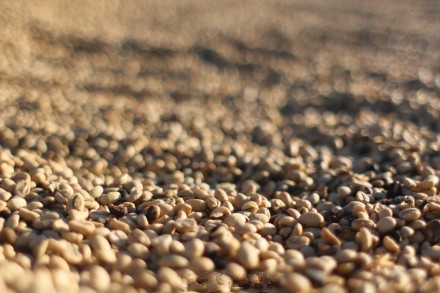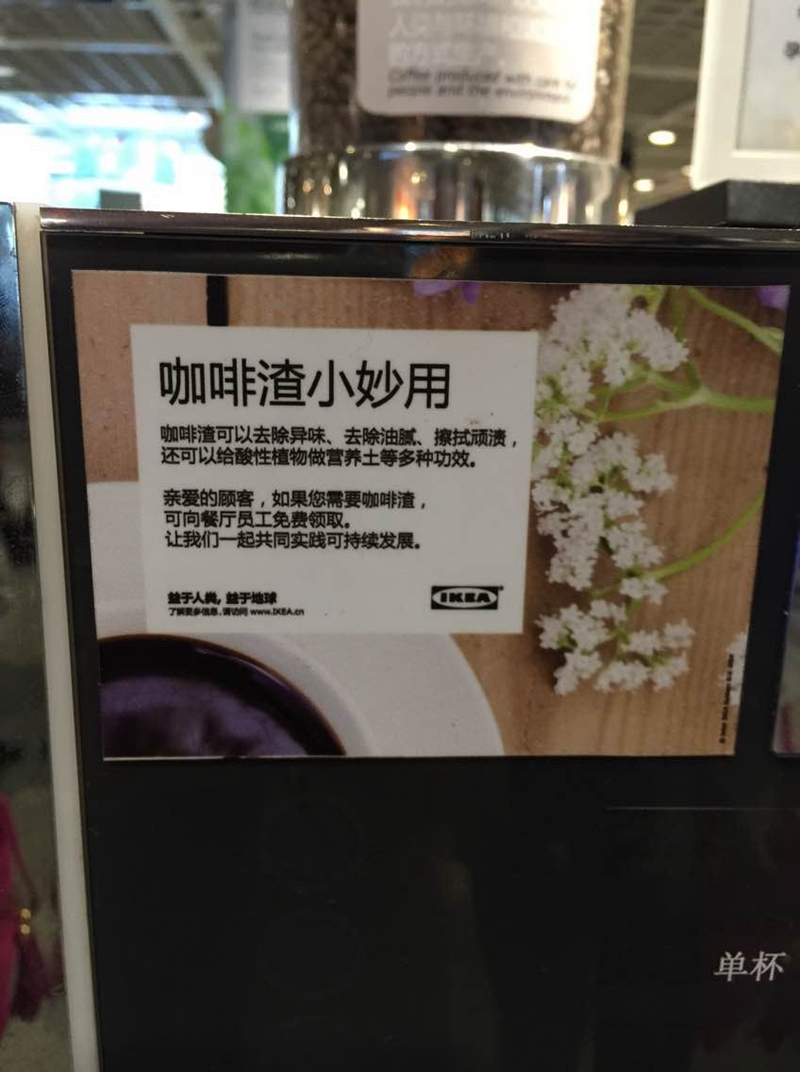World Coffee Information Latin American caffeine climate warming is facing decline
According to a recent report by Taiwan's United News Network, the warming climate has caused the spread of rust leaf disease to higher altitudes, threatening organic coffee in Latin America.

For nearly six years, a fungus commonly known as "coffee rust" has killed a large number of coffee trees in Central America, so many that scientists believe that coffee harvests in the region could be reduced by as much as 40%. The culprit is a phenomenon that scientists call "climate change", in which weather patterns change dramatically every year. The increase in rainfall in recent years means more coffee rust fungi, which cover coffee leaves, block sunlight, prevent photosynthesis, and eventually the coffee trees fall down and die.
This issue has attracted the attention of Central American governments, who believe that the pessimistic future of the coffee industry is a threat to the national economy. At the same time, some coffee producers have also received help from development organizations, which worry that if too many coffee farmers lose their jobs, it could lead to mass poverty and trigger other problems, such as the drug trade.
Rust leaf disease used to occur at most 3000 feet above sea level in Guatemala, but now there are signs of rust leaf disease at 6000 feet, said Reborowski, president of the country's coffee association.
The world's worst outbreak of rust leaf disease in 30 years has shrunk coffee production. Peru, the world's largest exporter of organic coffee, and Mexico, the second, have reduced their incomes or even lost their jobs.
Coffee farmers face a dilemma, can use chemical pesticides to deal with, but will lose organic certification, and organic products bring 10% premium; if you let nature take its course, you can keep the certification, but watch the coffee trees die.
Luis Fernando Samper, a coffee dealer at Colombia's National Coffee Farmers Association, is confident that coffee rust will be crushed by the replacement of sick coffee trees within the next decade. However, the challenges of such a fickle crop growing in a changeable climate will only increase.
Source: China Organic Agriculture Network
Important Notice :
前街咖啡 FrontStreet Coffee has moved to new addredd:
FrontStreet Coffee Address: 315,Donghua East Road,GuangZhou
Tel:020 38364473
- Prev

Reflection on Environmental Protection of a bag of "Coffee grounds"
In my spare time on weekends, I went to Nanjing IKEA store, and there was a long exhaust line in front of the coffee machine in the hall on the third floor as usual. Freshly brewed coffee, which can be refilled for free, has gathered a lot of popularity for this foreign store from northern Europe and Sweden. Near the end of the line, a tip on the coffee machine attracted the attention of reporters. It says: dear customer, if you need coffee grounds, you can waive it to the restaurant staff.
- Next

Australian coffee industry set off a trend of integration and operators scramble for market share
The overall size of the Australian coffee industry is more than A $4 billion, but there is not a single giant in the market at present. The strong growth of the retail coffee market has stimulated the major coffee brands to consider asset integration, expand the scale of operations and increase their market share. ACB News reported that the overall size of the Australian coffee industry is as high as A $4.3 billion, of which
Related
- What is the difference between Indonesian Sumatra Mantinin coffee and gold Mantinin? How to distinguish between real and fake golden Mantelin coffee?
- What does bypass mean in coffee? Why can hand-brewed coffee and water make it better?
- Unexpected! Ruixing Telunsu lattes use a smoothie machine to foam milk?!
- % Arabia's first store in Henan opens into the village?! Netizen: Thought it was P's
- Does an authentic standard mocha coffee recipe use chocolate sauce or powder? Mocha Latte/Dirty Coffee/Salty Mocha Coffee Recipe Share!
- What is the difference between Vietnam egg coffee and Norway egg coffee? Hand-brewed single product coffee filter paper filter cloth filter flat solution!
- What is the difference between sun-cured and honey-treated coffee? What are the differences in the flavor characteristics of sun-honey coffee?
- How to make Italian latte! How much milk does a standard latte use/what should the ratio of coffee to milk be?
- How to make butter American/butter latte/butter Dirty coffee? Is hand-brewed coffee good with butter?
- Is Dirty the cold version of Australian White? What is the difference between dirty coffee/decent coffee and Australian white espresso?

